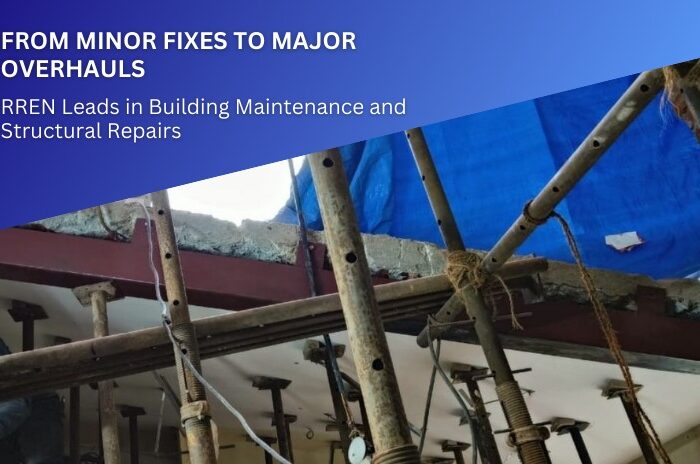The Indian construction sector has emerged as one of the key drivers of the country’s economic growth. With the government’s focus on infrastructure development and the rise of private sector players, the industry has witnessed significant growth over the years. One of the key factors driving this growth is the increasing involvement of public-private partnerships (PPP) in construction projects.
PPP refers to a collaborative arrangement between the public and private sectors, where both parties share the risks and rewards of a project. In India, the government has been actively promoting PPPs in the construction sector as a means of accelerating infrastructure development and reducing the burden on the public sector.
The role of PPPs in Indian construction projects is multifaceted. On the one hand, PPPs offer significant benefits to the public sector, including increased efficiency, reduced financial risk, and improved access to private sector expertise. On the other hand, PPPs also provide private sector players with opportunities to access new markets, leverage their expertise and experience, and earn profits.
One of the most significant benefits of PPPs in Indian construction projects is the sharing of risks and rewards. Typically, the private sector partner is responsible for designing, building, financing, and operating the project, while the public sector partner provides the necessary regulatory support and facilitates the availability of land, utilities, and other resources. By sharing the risks and rewards of a project, PPPs ensure that both parties are incentivized to work towards achieving project objectives and delivering high-quality outcomes.
Another important benefit of PPPs is the access to private sector expertise. Private sector partners bring a wealth of experience and expertise to the table, which can be leveraged to improve project outcomes. This can range from design and construction to maintenance and operations, as well as financing and risk management.
Despite these benefits, PPPs in Indian construction projects are not without challenges. Some of the most significant challenges include issues around transparency and accountability, conflicts of interest, and legal and regulatory frameworks. Moreover, PPPs can also be more expensive than traditional public sector projects, due to the additional costs associated with private sector involvement.
In conclusion, the role of public-private partnerships in Indian construction projects is becoming increasingly important. By working together, both parties can leverage their strengths to deliver high-quality outcomes and accelerate infrastructure development. However, to fully realize the potential of PPPs, it is essential that both the public and private sector partners work towards addressing the challenges and building an enabling environment for collaboration.











